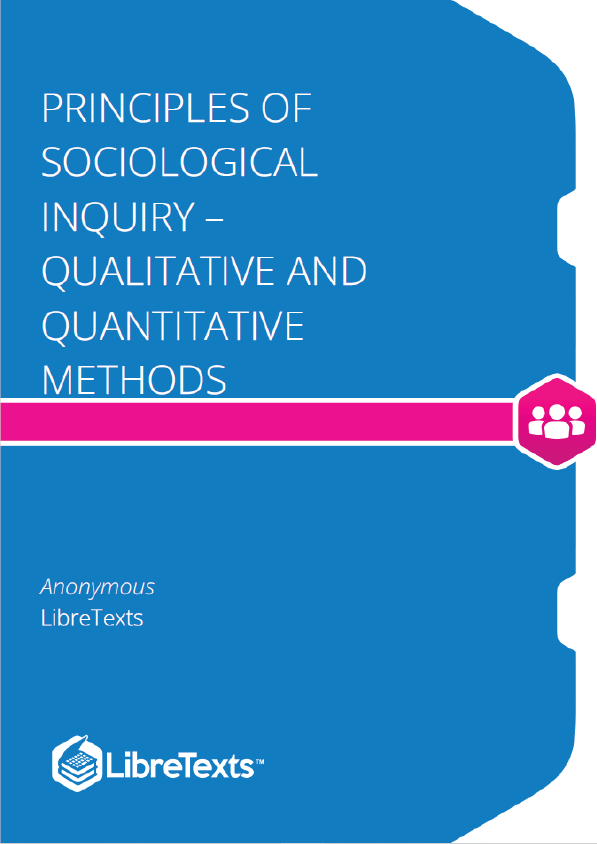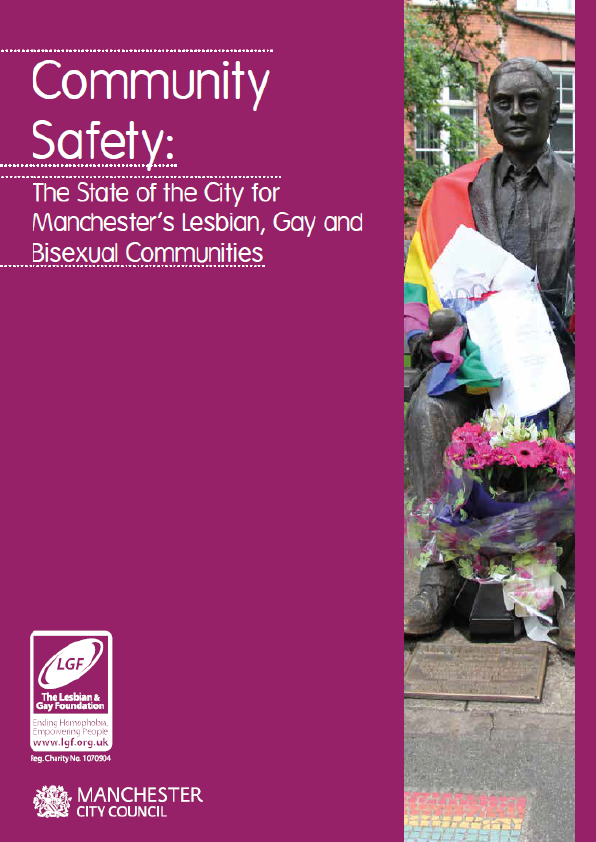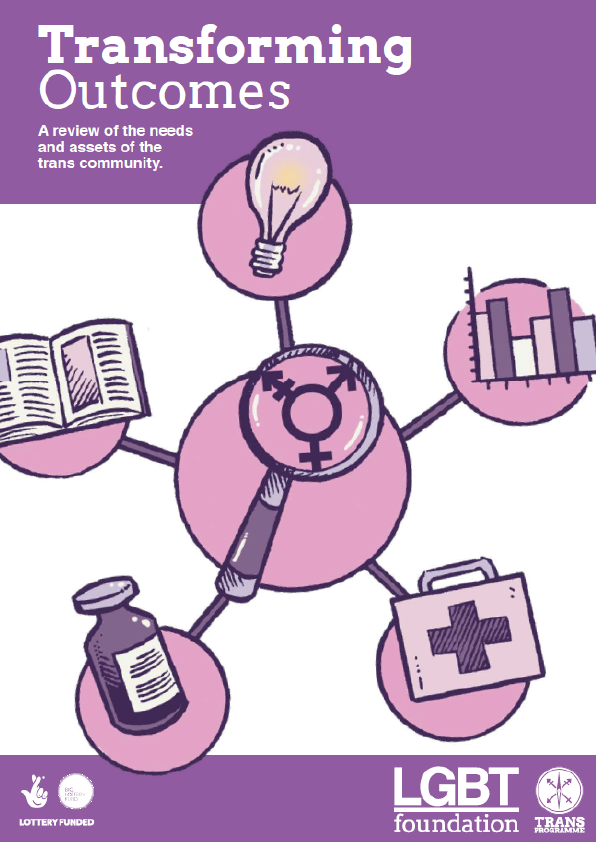This text emphasizes the relevance of research methods for the everyday lives of its readers, undergraduate students. Each chapter describes how research methodology is useful for students in the multiple roles they fill: (1) As consumers of popular and public information, (2) As citizens, (3) As current and future employees. Connections to these roles are made throughout and directly within the main text of the book. This text also provides balanced coverage of qualitative and quantitative approaches by integrating a variety of examples from recent and classic sociological research. The text challenges students to debate and discuss the strengths and weaknesses of both approaches. An important goal of this text is to introduce students to the core principles of social research in a way that is straightforward and engaging. As such, the text reflects public sociology’s emphasis on making sociology accessible and readable. No one can validate that claim more than a teacher or student.
Do you like to know things? Do you ever wonder what other people know or how they know what they do? Have you ever made a decision, and do you plan to make decisions in the future? If you answered yes to any of these questions, then you will probably find the information in this book—particularly the information on research methods—very useful. If you answered no to all of them, I suspect that you will have reconsidered by the time you finish reading this text. Let’s begin by focusing on the information in this chapter. Here we’ll consider the variety of ways that we know things and what makes social scientific knowledge unique. We’ll also consider why any of this might matter to you and preview what’s to come in later chapters.
- Define research methods.
- Identify and describe the various ways of knowing presented in this section.
- Understand the weaknesses of nonsystematic ways of knowing.
- Define ontology and epistemology and explain the difference between the two.
If I told you that the world is flat, I’m hoping you would know that I’m wrong. But how do you know that I’m wrong? And why did people once believe that they knew that the world was flat? Presumably the shape of the earth did not change dramatically in the time that we went from “knowing” one thing about it to knowing the other; however, something certainly changed our minds. Understanding both what changed our minds (science) and how might tell us a lot about what we know, what we think we know, and what we think we can know.
This book is dedicated to understanding exactly how it is that we know what we know. More specifically, we will examine the ways that sociologists come to know social facts. Our focus will be on one particular way of knowing: social scientific research methods. Research methods are a systematic process of inquiry applied to learn something about our social world. But before we take a closer look at research methods, let’s consider some of our other sources of knowledge.











